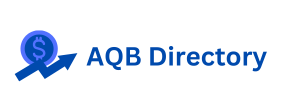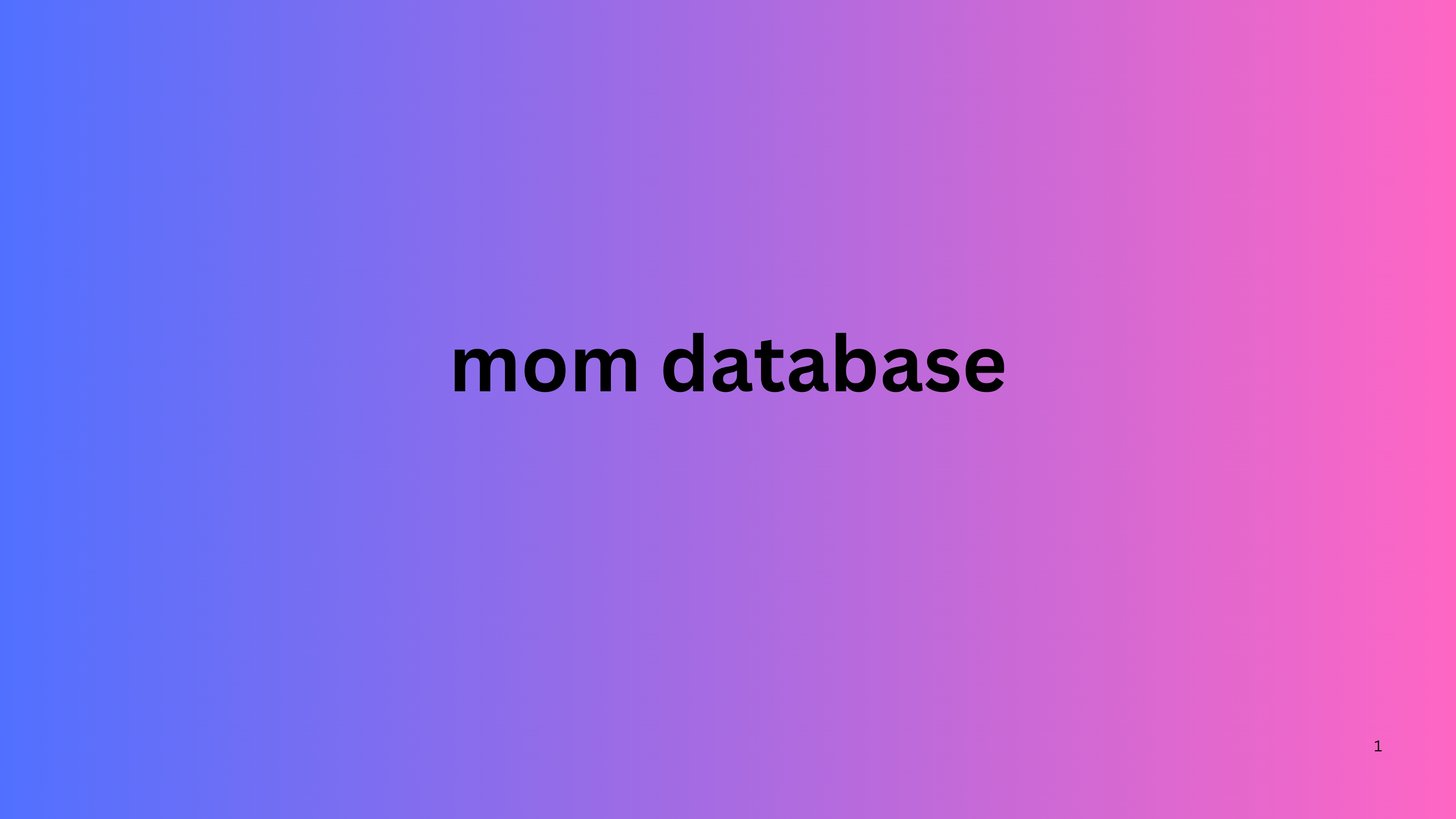Lead generation is the cornerstone of successful marketing campaigns. Capturing the interest of potential customers and converting them into leads requires precision, strategy, and the right tools. One of the most effective tools for this purpose is a special database—a tailored repository of customer and market data that can supercharge your lead generation efforts.
This article explores how special databases can help businesses generate high-quality leads, optimize campaigns, and improve marketing outcomes.
Understanding Special Databases
1. What Are Special Databases?
Special databases are organized collections of customer and prospect information. These databases typically include:
- Contact details (email addresses, phone numbers).
- Demographic data (age, location, income).
- Behavioral insights (purchase history, browsing habits).
- Engagement metrics (email opens, click-through rates).
Unlike generic databases, special databases are customized for specific industries or marketing goals, making them powerful tools for targeted campaigns.
2. Why Are They Important for Lead Generation?
Special databases provide marketers with detailed insights into their audience lead generation efforts. This information enables businesses to:
- Identify potential leads quickly.
- Create personalized outreach strategies.
- Focus on high-conversion opportunities.
With special databases, marketers can shift from broadlead generation efforts mom database, ineffective campaigns to precise, data-driven strategies.
How Special Databases Maximize Lead Generation
1. Enhanced Audience Targeting
Special databases allow businesses to segment their audience based on specific criteria such as:
- Interests and preferences.
- Purchase behavior.
- Geographic location.
Example: A fitness equipment brand can use a database to target gym owners and fitness enthusiasts separately, tailoring its messaging to each group.
Targeted campaigns ensure that your message resonates with the right audience lead generation efforts, leading to higher engagement and conversions.
2. Personalized Marketing Campaigns
Consumers are more likely to respond to personalized marketing. Special databases provide the data needed to craft customized messages that appeal to individual preferences.
Example: An e-commerce platform can send personalized product recommendations based on a user’s browsing history and past purchases, increasing the likelihood of a sale.
Personalized campaigns not only generate leads but also build trust and loyalty among potential customers.
3. Streamlined Multichannel Marketing
Special databases enable businesses to launch integrated campaigns across multiple channels lead generation efforts, including:
- Email marketing.
- SMS outreach.
- Social media ads.
By analyzing data from these campaigns, marketers can determine which channels yield the best results and refine their strategies accordingly.
Example: A travel agency may discover that email campaigns are more effective for older audiences how to choose the best email database provider for marketing, while younger prospects engage more with Instagram ads.
Multichannel marketing ensures broader reach and maximizes lead generation potential.
4. Predictive Insights for Better Strategy
Special databases often include historical data that can be used for predictive analysis. Marketers can identify trends and anticipate customer needs, creating campaigns that meet those demands proactively.
Example: A subscription service might analyze past campaigns to predict seasonal spikes in interest and launch promotions accordingly lead generation efforts.
Forecasting with database insights leads to more effective planning and higher conversion rates.
Benefits of Using Special Databases for Lead Generation
1. Higher Quality Leads
With accurate data, marketers can focus on prospects most likely to convert lead generation efforts, ensuring a higher quality of leads.
2. Improved
By targeting the right audience, businesses can reduce wasted resources and achieve better returns on their marketing investments.
3. Efficient Campaign Management
Special databases provide centralized information, lead generation efforts making it easier to plan agb directory, execute, and monitor campaigns.
4. Scalable Solutions
As your business grows, special databases can be expanded to include more data and support larger campaigns lead generation efforts.
Best Practices for Using Special Databases
1. Keep Data Updated
Ensure your database is accurate by regularly cleaning and updating it lead generation efforts. Outdated information can lead to ineffective campaigns.
2. Segment Your Audience
Divide your audience into distinct groups based on behavior and demographics to deliver targeted messages.
3. Measure Campaign Performance
Use analytics tools to track the success of your campaigns and adjust your strategies for better results.
4. Comply with Data Privacy Laws
Ensure your database and marketing practices comply with regulations like GDPR or CCPA to maintain trust and avoid penalties.


